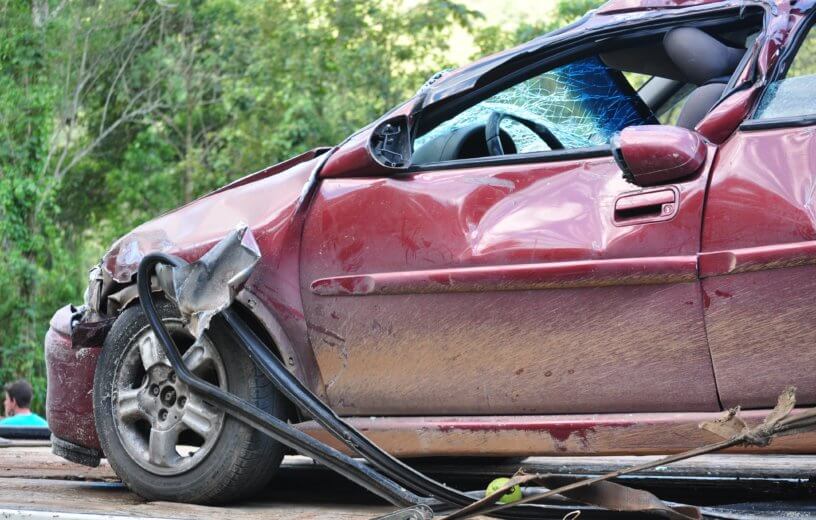BOSTON — Getting teenagers out of bed for school in the morning is quite a struggle, but there may be a good reason to let them catch those extra zzz’s. A recent study finds that teenagers are involved in significantly fewer accidents if their schools start later.
In 2015, the high schools of Fairfax County, Virginia, changed their start time from 7:20 am to 8:10 am. A Harvard-led research team analyzed the crash rate data of accidents involving teenagers for two school years before and after the change in start time. Over this period the crash rate in Fairfax County teens dropped significantly from 31.63 to 29.59 accidents per 1,000 drivers.
The crash rate stayed the same for teens in the rest of Virginia where school times did not change.
“Accidental injuries including motor vehicle crashes are the number one cause of deaths of adolescents in the U.S., and anything we can do to mitigate that risk should be considered,” says senior study author Dr. Judith Owens, professor of neurology at Harvard Medical School and director of sleep medicine at Boston Children’s Hospital, in a release from the American Academy of Sleep Medicine.
The analysis also revealed a connection between the later school start time and a decrease in the number of accidents involving distracted drivers. Getting more sleep leads to better decision-making behind the wheel.
“Teenagers who get more sleep are less likely to make poor decisions such as not wearing a seat belt or engaging in distracted driving,” explains Owens. “One of the potential mechanisms for this reduction in car crashes is a decrease in behaviors that are related to risk-taking.”
Teenagers are more alert if they’re able to sleep in a little later. During the teen years, the body’s internal clock is adjusted, causing teens to go to sleep later and wake up later. If they’re forced to wake up early for school then they’ll end up driving to school when their body is telling them they should be in bed, the study suggests.
“When schools start too early, students are being asked to wake up and function at a time when their circadian rhythm is telling them to stay asleep,” says Owens. “Changing school start times not only allows students to get more sleep but allows them to sleep at the optimal time. When they sleep may be equally important, if not more so, than how much sleep they get.”
Owens hopes that the results of this study will encourage other school districts to consider changing their start times. It could help keep the roads a little safer!
The study is published in the Journal of Clinical Sleep Medicine.
